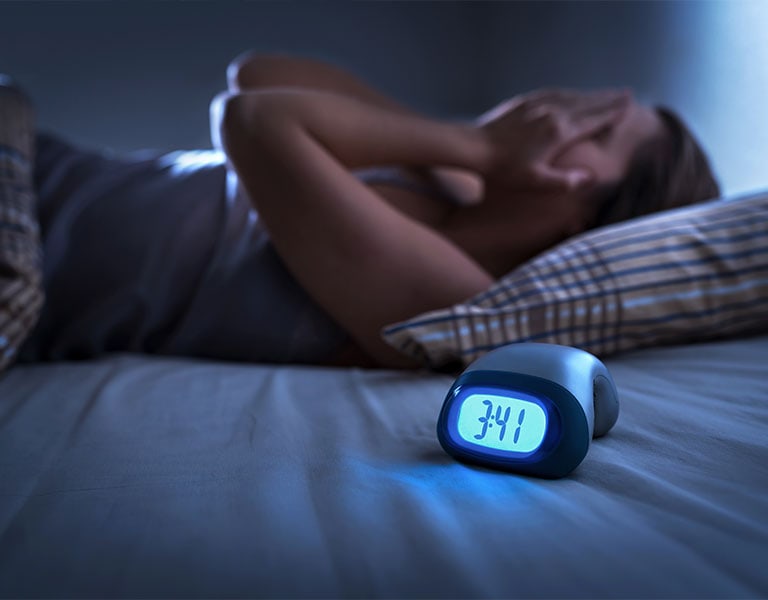
I was interviewing a psychologist for a podcast yesterday and she gave me some advice: don't let your patients treat you like a vending machine.
I have been thinking about what this means. Medicine has become somewhat transactional. We can collectively bemoan the institution of medicine and demonize insurance payors and likely have little disagreement amongst our colleagues. All of this doesn't change what is truly at stake here - our relationship with our patients.
Between the 15 min appointments, the RVUs, and the online ratings, medicine continues to change. I'm not sure if it is because of the commercials or whether it is due to the consumerization of medicine but I have found that some patients expect a simple solution to their problem. Many of my patients assume that they will receive a prescription for a sleep aid once they announce that they have difficulty sleeping. What follows is usually a long conversation about their insomnia typically accompanied by six weeks of cognitive behavioral therapy and education about sleep hygiene or perhaps an order for a sleep study or lab work.
While it is often tempting to just give in and order a nightly sleep aid, I have to take a moment to think about what my patient is trying to tell me - I can't sleep because my legs bother me. I can't sleep because I am worried about what is happening in the world. I can't sleep because I can't breathe at night. I can't sleep because I work a rotating shift. Insomnia is as diverse as a sleep disorder can get.
All of these start with the patient telling us that they can’t sleep but each one is unique. While a prescription for a sleep aid is completely appropriate for some patients, some may require further evaluation. If you don’t have the bandwidth to tackle this issue right now, please know that your sleep medicine colleagues are here to collaborate with you and work with your patients to improve their sleep.



